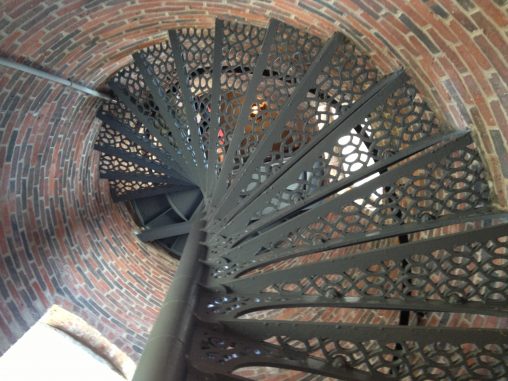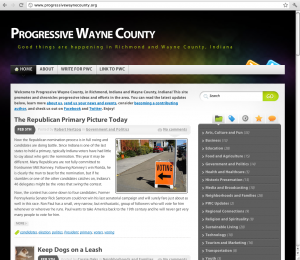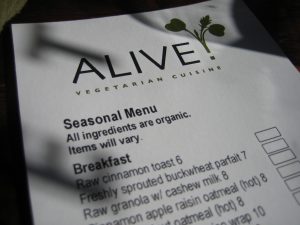The most important part of last week's episode of On The Media was probably the segment on how the Restorative Justice process can serve as an alternative to the broken prison system in the U.S. I highly recommend it. But the segment that followed, about what role Restorative Justice could play in resolving conflicts that happen online, was also intriguing, especially as someone who has been trained as a conflict mediator and participated in conflict resolution advocacy programs in the past. It got me thinking about what the one-off experiment on Reddit that Micah Loewinger and Lindsay Blackwell conducted might look like in wider practice.
Right now when two or more people are in conflict on Twitter, Facebook, Reddit or elsewhere, the most likely eventual outcome is that someone will be blocked, banned, muted or otherwise removed from the conversation, either by a participant or by a moderator of the service itself. As the On The Media episode notes, the best that social media companies seem to be able to come up with in this problem space is making it even easier to report or block someone. (And to be clear, I'm generally a supporter of users being able to block/mute someone else at will without having to explain themselves.)
But if anyone involved in or affected by the conflict was interested in a different outcome, how could they get there?
An idea I'm exploring here would be a bot that someone, either one of the parties or an observer, could mention to initiate a conflict resolution process with elements of the Restorative Justice approach included.
Continue reading "Restorative justice and resolving online conflict"


 A few weeks ago, one of the online community resources I maintain,
A few weeks ago, one of the online community resources I maintain, 
